I’m a property manager
-
A comprehensive equipment inventory helps property managers keep track of all assets within the building. This information is crucial for understanding the composition of the property, identifying valuable assets, and planning for their maintenance and replacement.
-
By having a detailed inventory of building equipment, property managers can plan maintenance activities more effectively. This includes scheduling routine inspections, preventive maintenance, and addressing issues before they become major problems. Proactive maintenance can extend the lifespan of equipment and reduce unexpected breakdowns.
-
An equipment inventory allows property managers to optimize costs associated with maintenance and repairs. It helps in budgeting accurately, identifying areas where cost savings can be achieved, and avoiding unnecessary expenses through efficient management of equipment life cycles.
-
Knowing the types, conditions, and locations of building equipment streamlines day-to-day operations. Property managers can respond quickly to issues, allocate resources more efficiently, and ensure that the building functions smoothly.
-
An inventory helps in identifying safety-critical equipment and ensuring compliance with regulations. It facilitates tracking safety inspections, certifications, and adherence to industry standards, contributing to a safe and compliant building environment.
-
Property managers can use the inventory to identify critical equipment and systems that are essential during emergencies. This aids in developing emergency response plans, ensuring that necessary equipment is prioritized and maintained for optimal functionality.
-
The inventory serves as a valuable document for property owners, stakeholders, and potential buyers or tenants. It provides transparency about the condition and value of building assets, which can be crucial for decision-making and negotiations.
-
Property managers can efficiently allocate human and financial resources based on the information in the equipment inventory. This ensures that the right skills and budget are allocated to maintain and operate specific equipment effectively.
-
An inventory assists property managers in managing relationships with vendors and service providers. It helps in tracking service contracts, warranty information, and ensuring that vendors are meeting their contractual obligations.
-
The inventory provides insights for long-term planning. Property managers can use the information to forecast equipment replacement cycles, plan for upgrades or renovations, and make informed decisions about capital expenditures.

